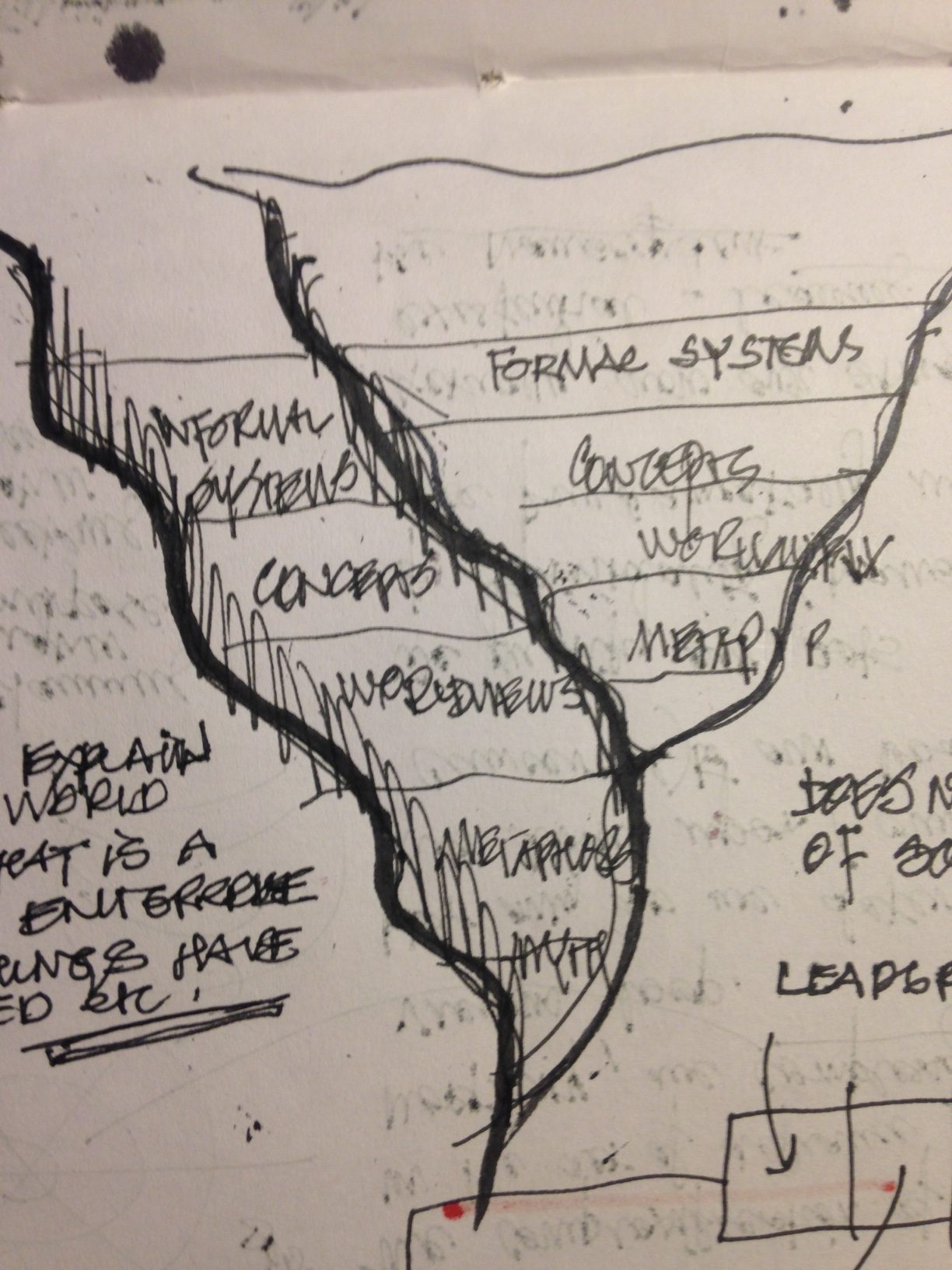The Formal and the Informal – Together
When we engage with the world in order to better it, often we end-up primarily studying, engaging with and intervening in formal systems.
The totality however must include informal systems as well, since, depending on the context where we are situated, these informal systems might actually be the ones that predominantly shape or influence the outcomes we see and wish to address.
When, for example, we want to address challenges related to Public Health, the tendency is to look at the Public Health Value Creating Complex consisting of institutions and enterprises that provide services to the Public Health Ecosystem.
A comprehensive systemic analysis of such formal systems might lead us to understand the worldviews, beliefs and values that informed them, that gave rise to the concepts on which the designs are based. These dominant worldviews and conceptual architectures, obscure other forms of value creation, often inadvertently or deliberately creating conditions that lead to their suppression or elimination.
The formal systems however do not adequately fulfill the functions that the informal systems play, for various reasons. Needs they fulfill might be invisible, or poorly understood – some of the reasons why their value is overlooked. There could be others, more pragmatic concerns of viability or feasibility.
I think, when the formal and the informal are seen together, a better integration might be possible, whereby the overall design of the health complex, recognizes the whole and the formal and the informal complement each other.
This process of reconciliation among the stakeholders is critical – so rather than just focus on addressing the conflict and differences within the formal, the perspectives of the informal should also be included in strategic design efforts.

